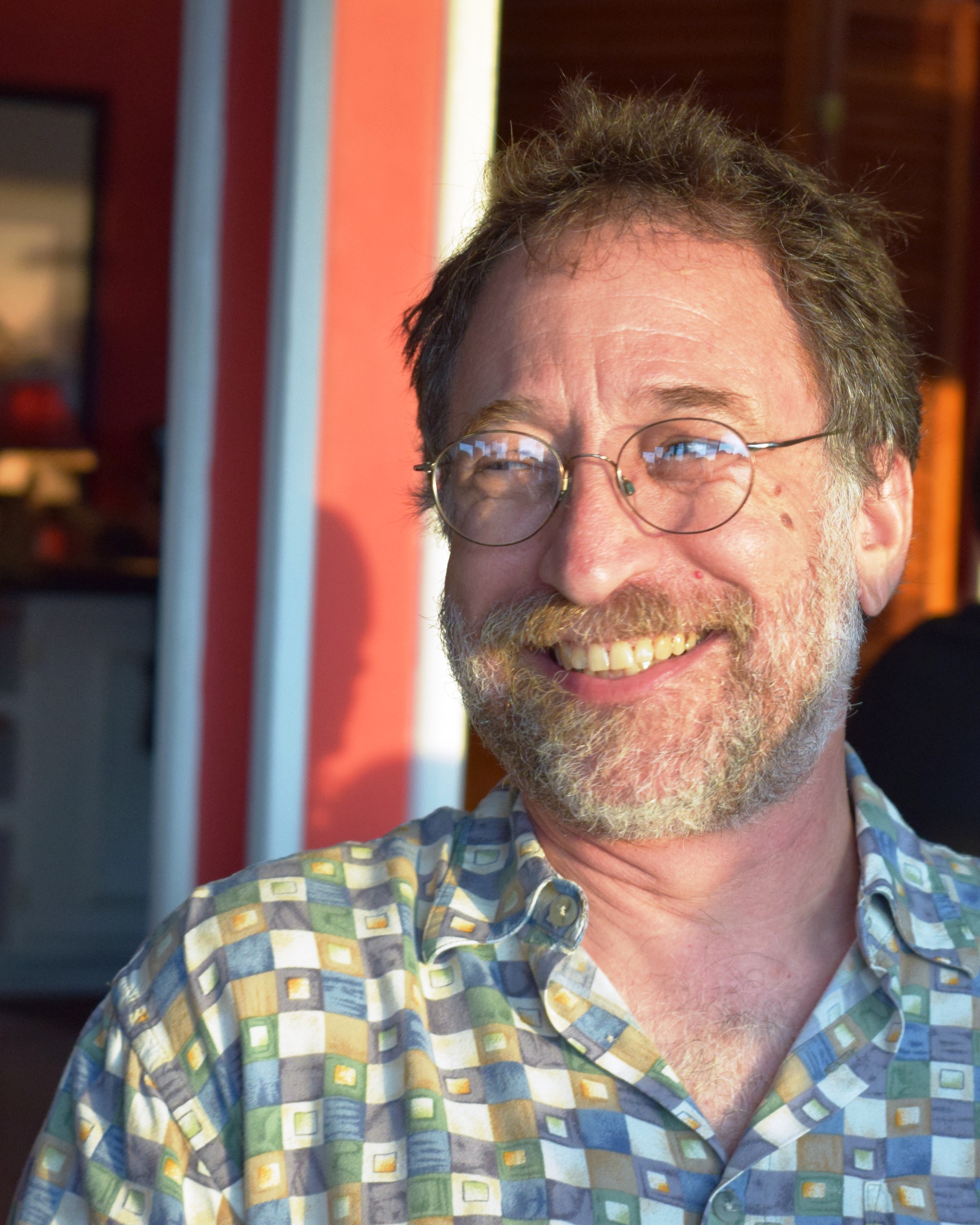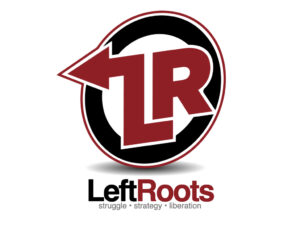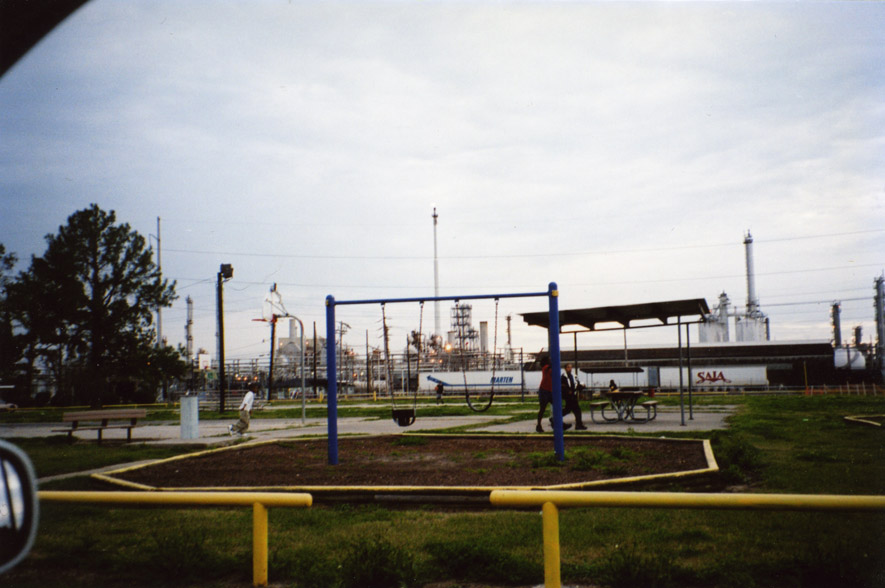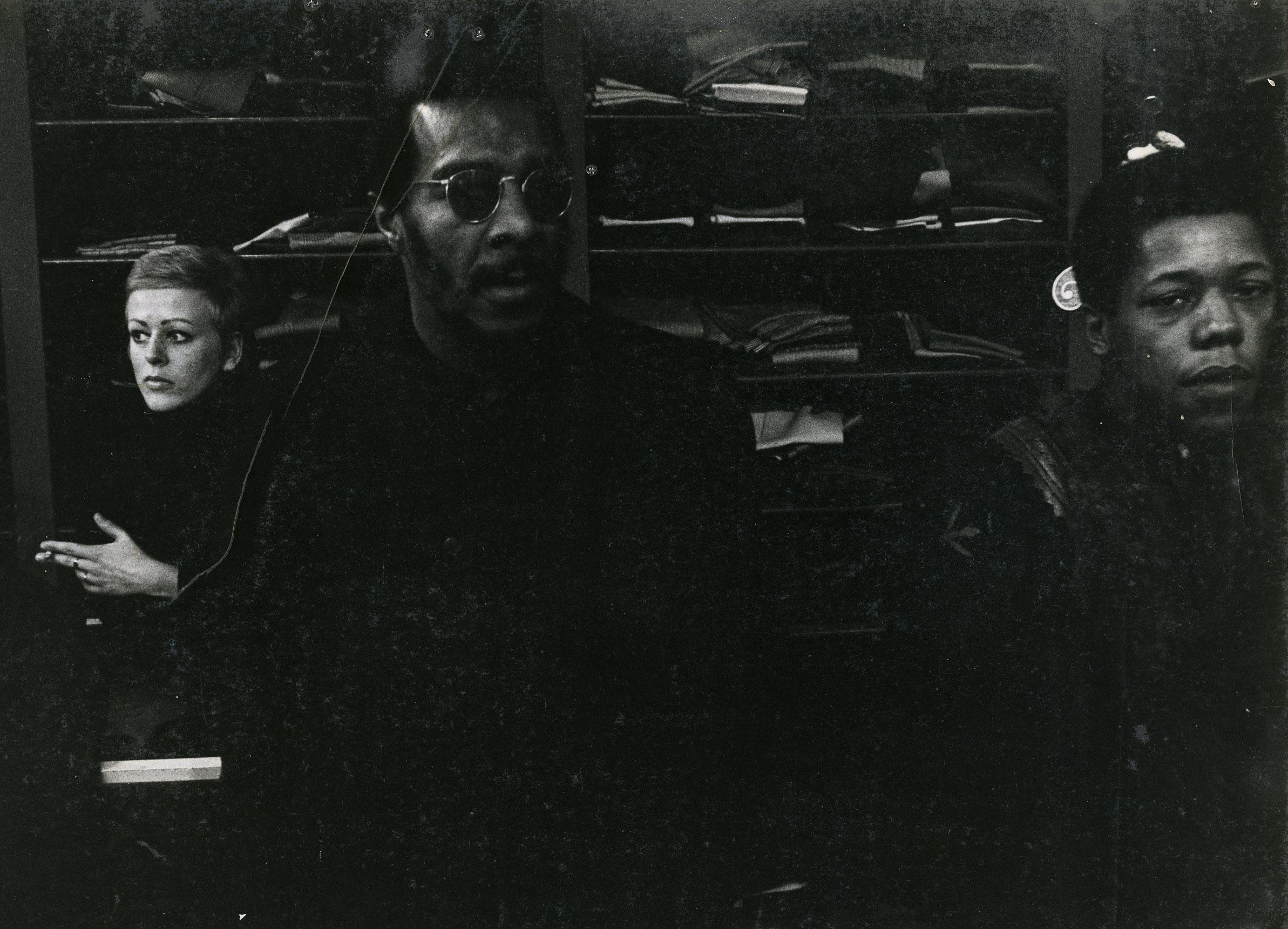William Lederer Papers
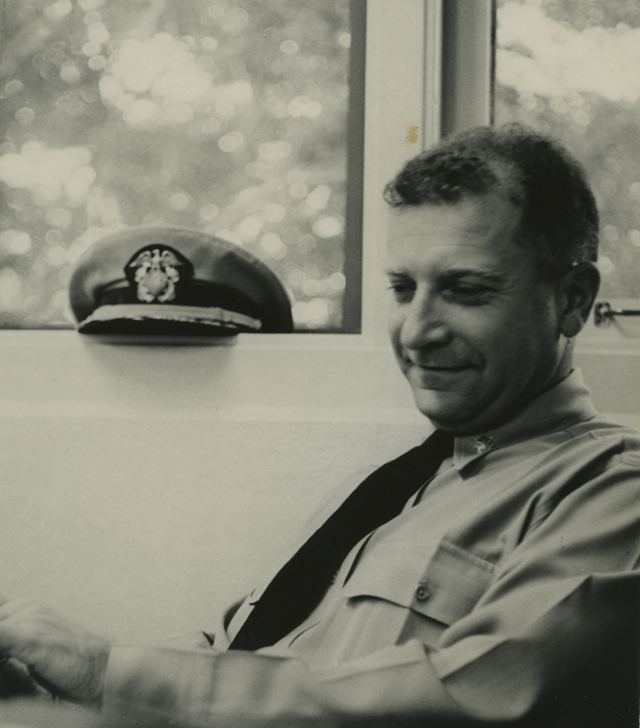
William J. Lederer began his long career in the Navy in 1930. During his twenty-eight years of service he traveled throughout Asia on some 30 trips, acquiring several books worth of experience, criticisms, and insight. In 1948, Lederer attended the Bread Loaf Writer’s Conference in Vermont and met fellow author and political theorist Eugene Burdick. Disillusioned with the style and substance of America’s diplomatic efforts in Southeast Asia, Lederer and Burdick openly sought to demonstrate their belief that American officials and civilians could make a substantial difference in Southeast Asian politics if they were willing to learn local languages, follow local customs and employ regional military tactics. Together they co-authored two widely influential books, The Ugly American (1958) and Sarkhan (1965).
The collection includes materials related to most of his major publications including, A Nation of Sheep, The Ugly American, Sarkhan, Our Own Worst Enemy, I, Giorghos, Mirages of Marriage, and Martial Choices. A substantial series of correspondence traces Lederer’s associations and communications throughout his entire career. Area files, research materials, and photographs are also include, but not yet fully processed.


